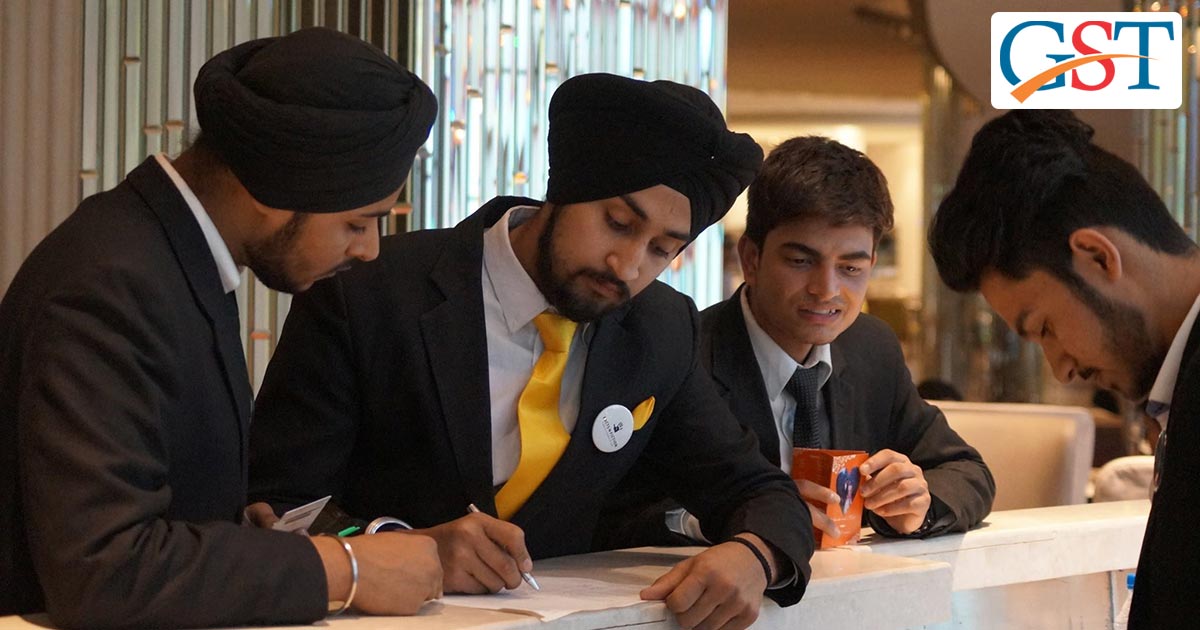The increase in domestic tourism, the number of foreign visitors and passengers travelling through airlines is a clear indication that 2018 will be a year of increased revenue and profit margins for the hospitality industry of India.
The introduction of GST in the past year may have slowed down the growth of this industry for the time being, but the 2018 year has brought new hopes for the hospitality sector as the reports of potential growth and better opportunities this year have surfaced. Even many hotel operators positively expect their businesses to grow better in 2018.
A prominent official at the rating firm ICRA, mentioned that the things like demonetisation, GST greatly affected the food and beverages industry as well as MICE (meeting, incentive, conference and exhibition) activities. However, he is positive that the industry is now ready to get back on its feet and for the growth that the coming years have to offer.
Read Also: Goods and Services Tax Impact on Hospitality and Tourism Industry
According to the firm, the hotels which are about to operationalize have still narrow supply chain due to the impact caused by GST. Now it is supposed that in the year 2019, there will be growth at par across the industry.
Seeing the recent growth in the number of foreign tourists and forex earnings of the industry, after a temporary drop in activities because of GST and demonetization, ICRA expects that the conditions will improve further, including the average room rates across the hospitality sector of the country.
“We expect a corporate request for proposal rates for this year to increase by about 5%,” Ponniah said.
As for the foreign arrivals, 2017 was not a bad year at all. Over 10 million foreign tourists visited the country in the past year and contributed around $27 billion to the industry’s earning. This has helped to increase the confidence level of the industry making popular hotel chains across the nation spreading optimism about the market growth this year.
Markets are looking strong, leaving some markets like Kolkata which are oversupplied. Demand in high-occupancy markets like Mumbai, Delhi, Gurgaon, Bengaluru and Pune will continue to peak, which is an opportunity for rates.
The decrease in occupancy rates is naturally a big problem for the small and big hotels of India. However, the last financial year, which ended in March 2017, was not that bad and reported a decade-high occupancy rate of 65.6% of branded hotels as compared with 63.3% rate of fiscal 2016. According to industry experts, this is a good news since the revenue per available room has also grown by about 4.2%, including 2.9% growth in occupancies and 1.7% in average daily rates.
Recommended: GST Impact on Hotel and Tourism Industry
Another top personnel from a hotel mentioned that the 2018 outlook is premised on the following data points — continued strong growth rates in foreign tourist arrivals (and) airline passenger movement coupled with muted supply growth. The settling down of business sectors to all the new initiatives rolled out in 2017 and growing demand from the domestic market segment will add further impetus.









